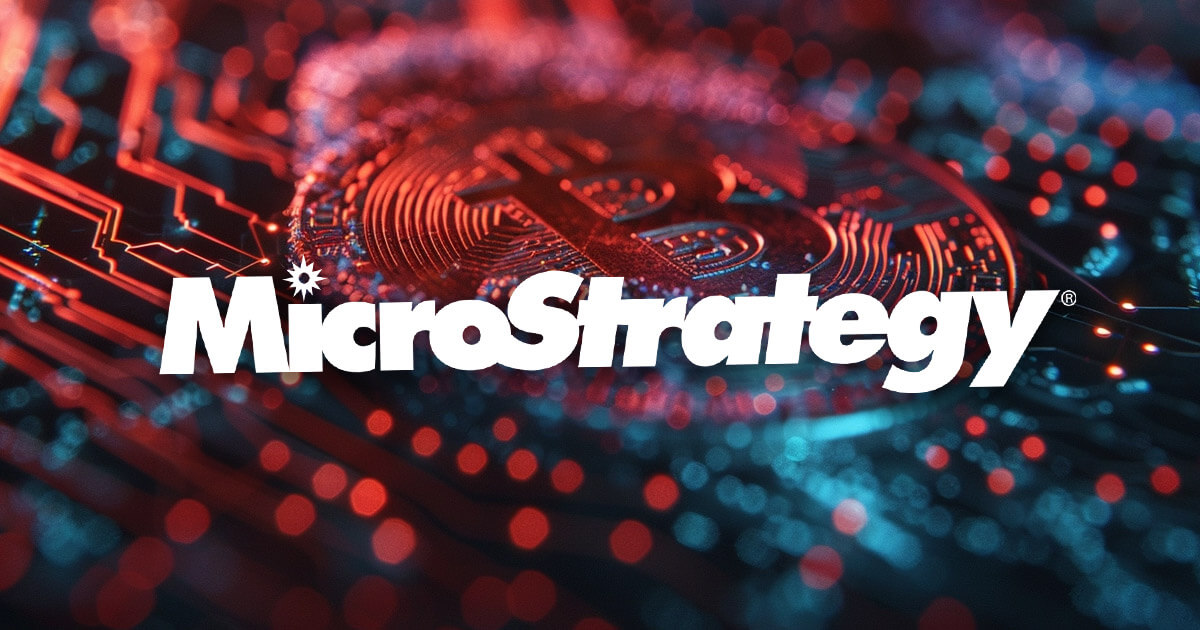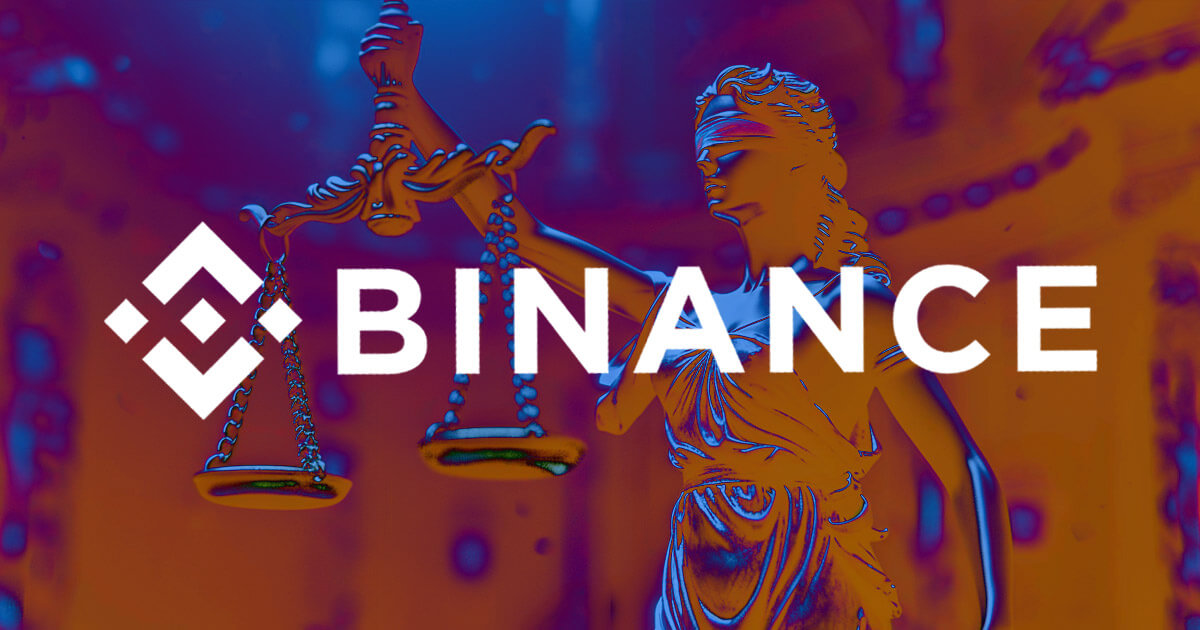MicroStrategy Chairman Unveils Decentralized Identity Solution
MicroStrategy, under the leadership of chairman Michael Saylor, recently announced a bold initiative to introduce a decentralized identity solution known as MicroStrategy Orange on the Bitcoin network. During the Bitcoin For Corporations talk on May 1, Saylor highlighted the potential of creating a universal standard with a distinctive orange checkmark, positioning it as a global alternative to the commonly used blue or green checks.
Saylor expressed his vision during the event, stating, “Wouldn’t it be great if instead of a blue check, green check, etc., there was an orange check that was a global standard? With MicroStrategy, maybe we could approach this idea of decentralized identity, with Bitcoin.”
MicroStrategy’s Bitcoin Focus
This strategic move aligns with MicroStrategy’s shift towards becoming a Bitcoin-centric organization. The Virginia-based company currently holds a significant amount of Bitcoin, totaling 214,400 units and valued at approximately $12.4 billion. This substantial holding positions MicroStrategy as the largest public holder of the flagship digital asset.
MicroStrategy Orange Details
An unofficial draft on MicroStrategy’s GitHub platform provided insights into the workings of MicroStrategy Orange. The solution is set to leverage Ordinal-based inscriptions for data storage and retrieval purposes. Furthermore, it is being developed as an open-source platform capable of accommodating up to 10,000 decentralized identifiers per Bitcoin transaction.
According to the official document, “The Bitcoin Inscription DID method (did:btc) utilizes the bitcoin blockchain exclusively for storing and accessing DID information. UTXOs on the chain are utilized to manage DIDs. By inscribing data in the witness of transactions, the platform allows for greater extensibility and verbosity in creating DID documents, while reducing fees and block space consumption.”
The draft highlighted that MicroStrategy Orange aims to deliver trustless, tamper-proof, and long-lived decentralized identities solely using the public Bitcoin blockchain as a data source.
Critiques from Bitcoin Advocates
Despite MicroStrategy’s innovative approach, the choice of Ordinal-based inscriptions has sparked criticism from key Bitcoin proponents such as developer Luke Dashjr. Dashjr views these inscriptions as potentially harmful to the BTC network and considers them an “attack” on Bitcoin. In a tweet, he expressed his concerns, stating, “Somehow Saylor thinks it makes sense to buy lots of Bitcoin and then destroy the Bitcoin network.”
Another detractor, Bob Burnett, CEO of Barefoot Mining, a Bitcoin mining company, also shared his apprehensions. In a tweet, he remarked, “I have to read the whole thing but this doesn’t look good. Saylor, jumping on the inscription path is not a good one. I hope you’ll relook at this before implementing.”
Image/Photo credit: source url





